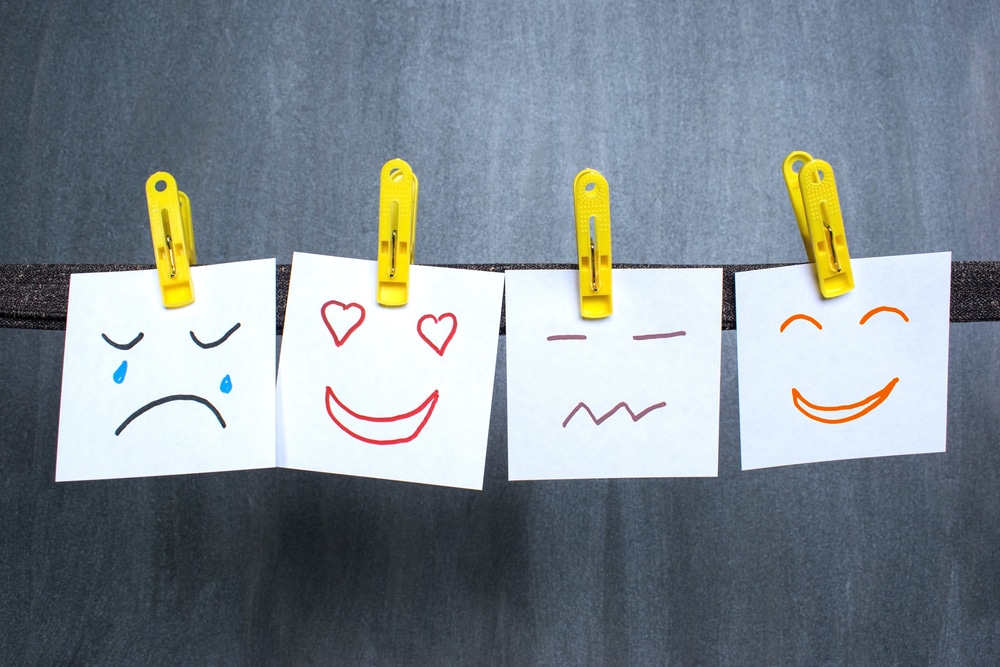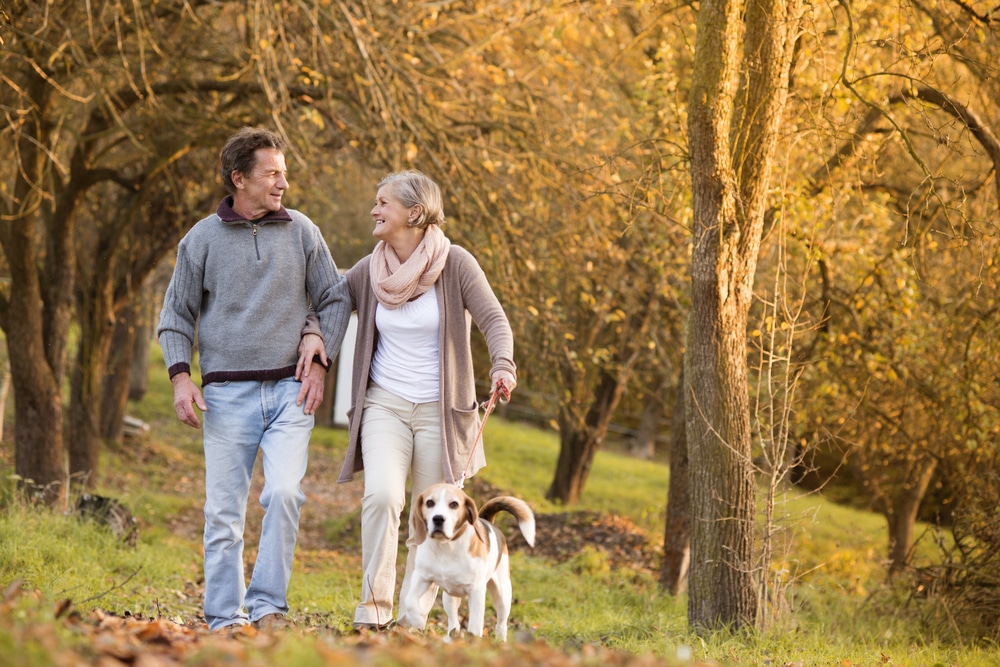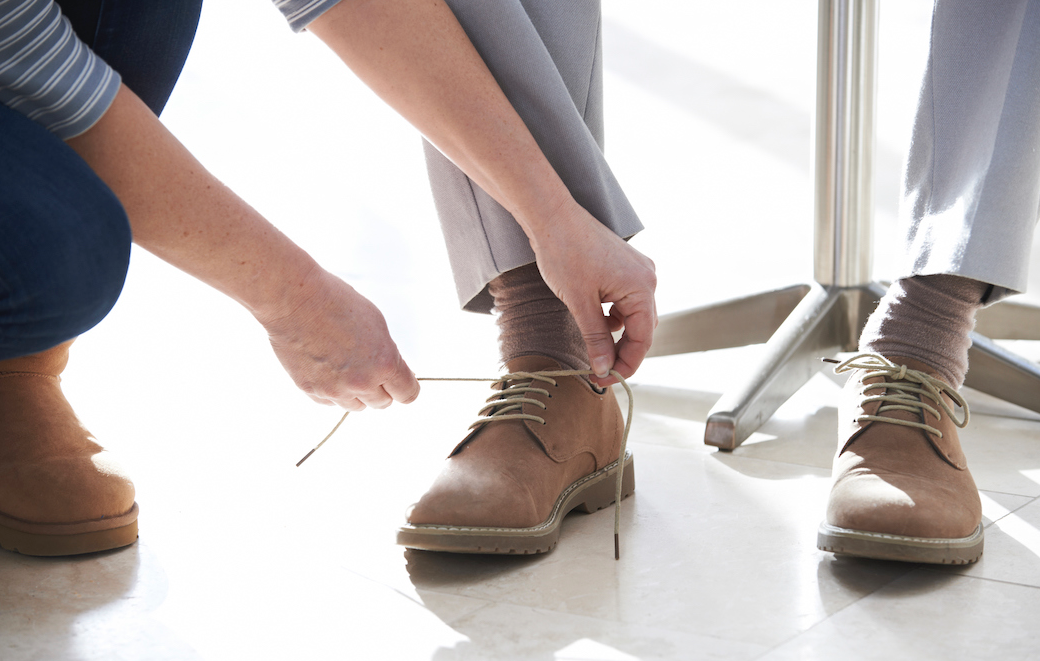
Jan 25, 2019 | Advice, Nutrition
Dehydration can be an issue for the elderly. According to research conducted at the University of East Anglia, one in five people living in care homes are not drinking enough fluid. Even mild dehydration can increase the risk of falls, confusion, pressure ulcers and...

Jan 18, 2019 | Advice, Nutrition
Nutrition is also a key part of health and wellbeing, but it can be a challenge to ensure the person is eating a balanced diet, especially if they are elderly. Appetite can decrease with age, and a person may lack the motivation to prepare healthy meals or they may be...

Jan 4, 2019 | About Dementia, Advice
A person with dementia may not recognise people they know or struggle to identify objects when their sight is perfectly fine. This is because their brain has to interpret and process what they see. My mum confused her purse with her television remote control and...





